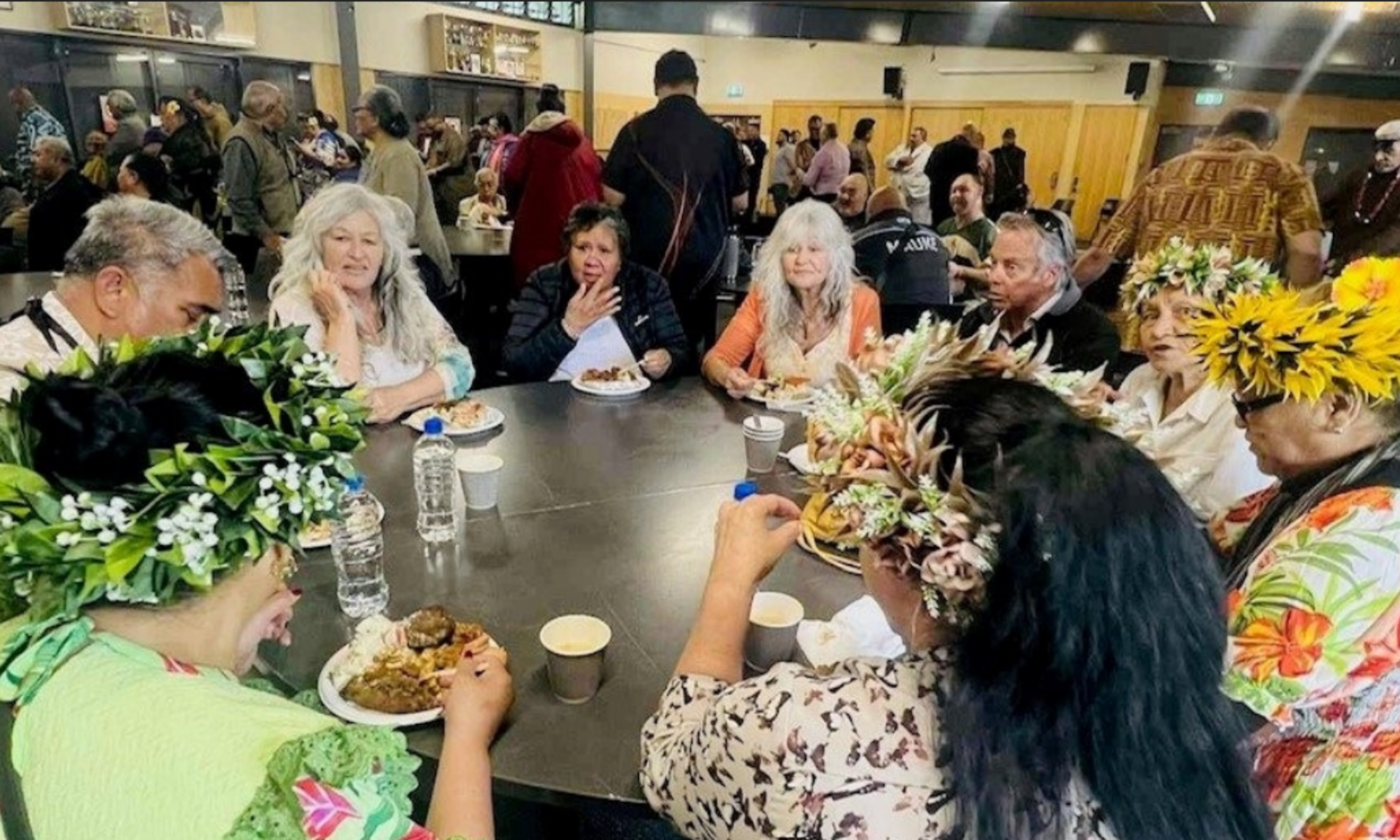
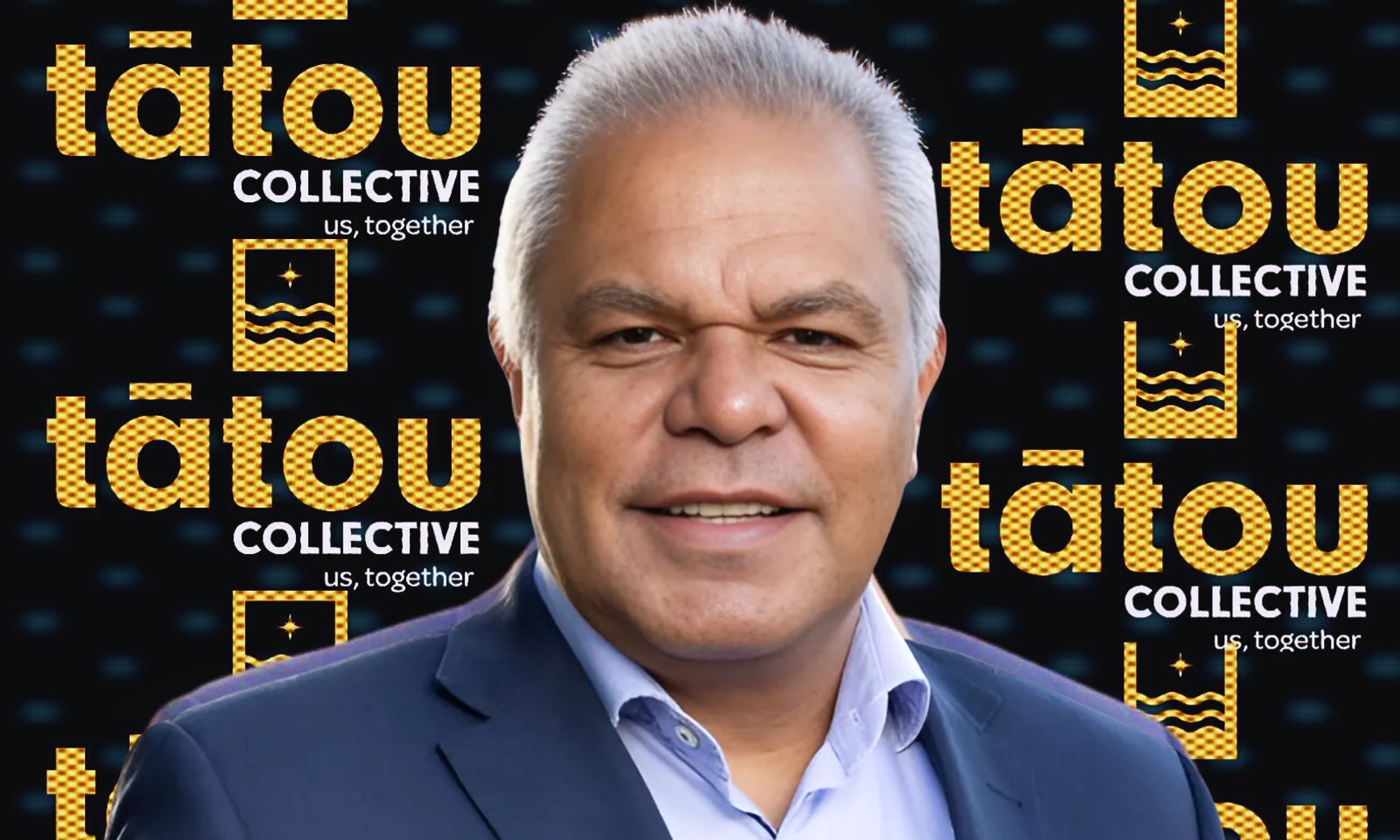
Leo Foliaki is a Chartered Accountant and was a Partner at PwC New Zealand (1999 to 2022).
Photo/Supplied
New Pacific agency takes charge of $16m Whānau Ora contract
The Tātou Collective says its top priority is creating a unified data system to track outcomes, promising to return decision-making power to families.

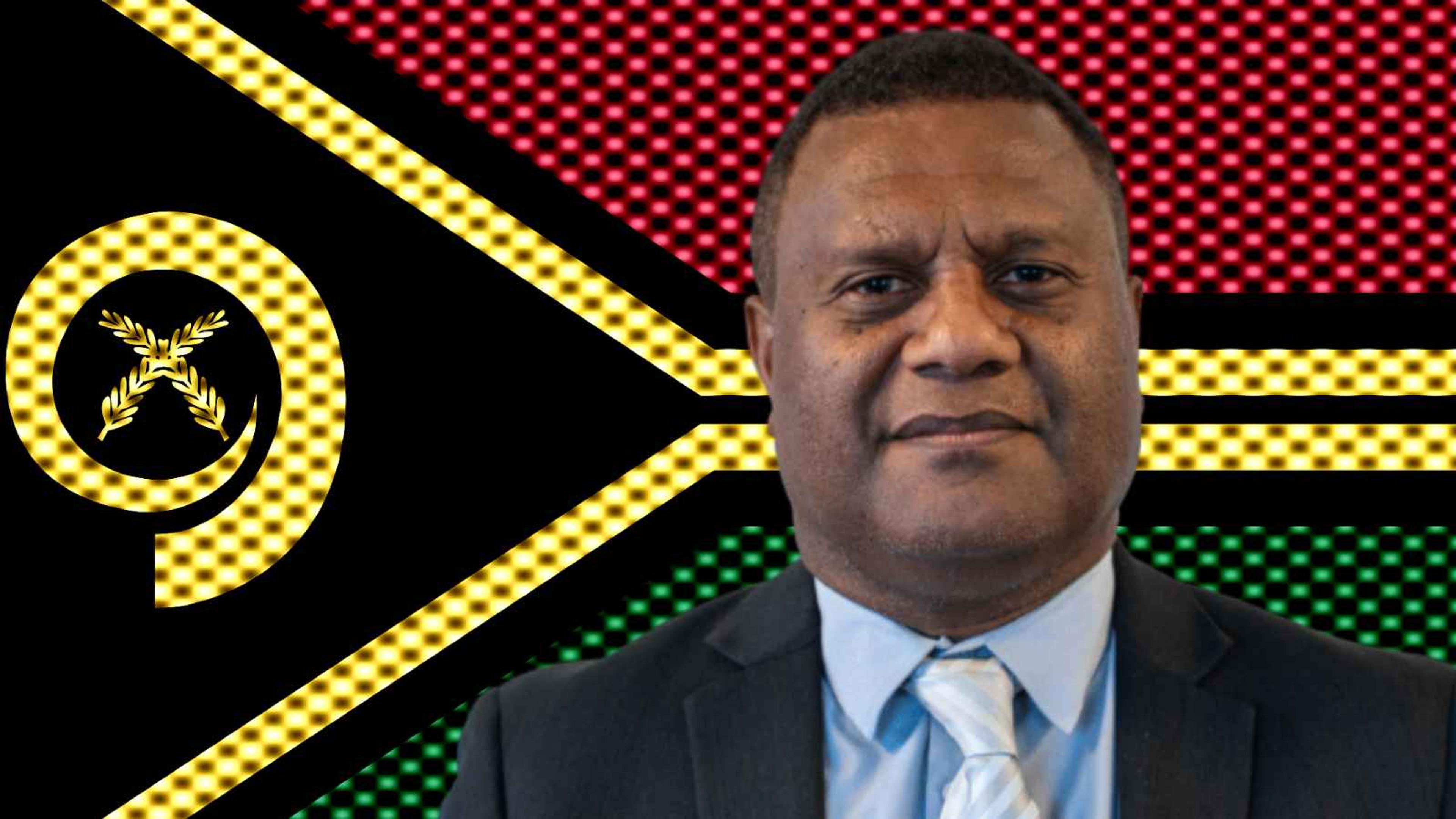
Blacklisting squeeze hits Vanuatu families and businesses, the regulator VFSC warns

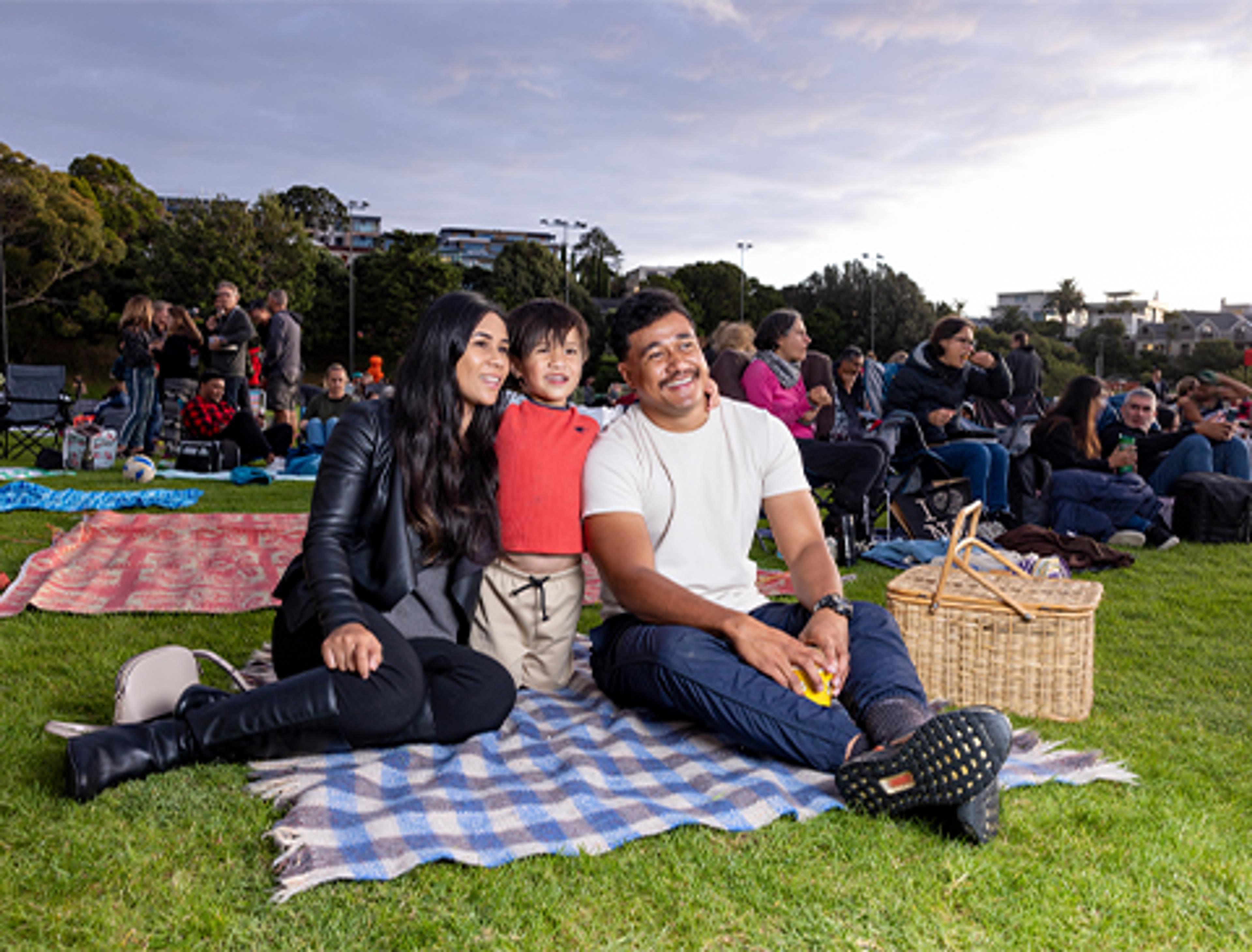
Pack your tissues: Free movies return with Tinā set for South Auckland

Manurewa charity requests $30,000 to keep Pacific seniors monthly gatherings

Blacklisting squeeze hits Vanuatu families and businesses, the regulator VFSC warns


Pack your tissues: Free movies return with Tinā set for South Auckland
A new Pacific commissioning agency with a $16 million contract and further funding to come, is putting the decision-making power directly into the hands of families.
The Tātou Collective was launched this year and its chair, Leo Foliaki, says it is currently in the process of locating the biggest areas of deprivations in New Zealand.
In an interview with William Terite on Pacific Mornings, Foliaki says the other major change is around data collection.
“The other change is trying to accumulate and collect the data of the families that we're working with so data can inform future funding decisions and possibly provide more funding to those particular families,” Foliaki says.
“Our ambition is that we are accountable to our community that we serve.
“Ultimately, we're trying achieve their aspirations.”
Watch Leo Foliaki's full interview below
Foliaki elaborates that all providers must operate on one data network, ensuring results can be analysed, anonymised and shared with government agencies.
The Tātou Collective has taken the helm after its creator, The Cause Collective, was awarded the new Pacific-focused Whānau Ora commissioning role, replacing Pasifika Futures.
Pasifika Futures, owned by Pasifika Medical Association, led Whānau Ora services for Pacific since 2014 and engaged with over 74,000 Pacific families, reaching almost 400,000 individuals across New Zealand.
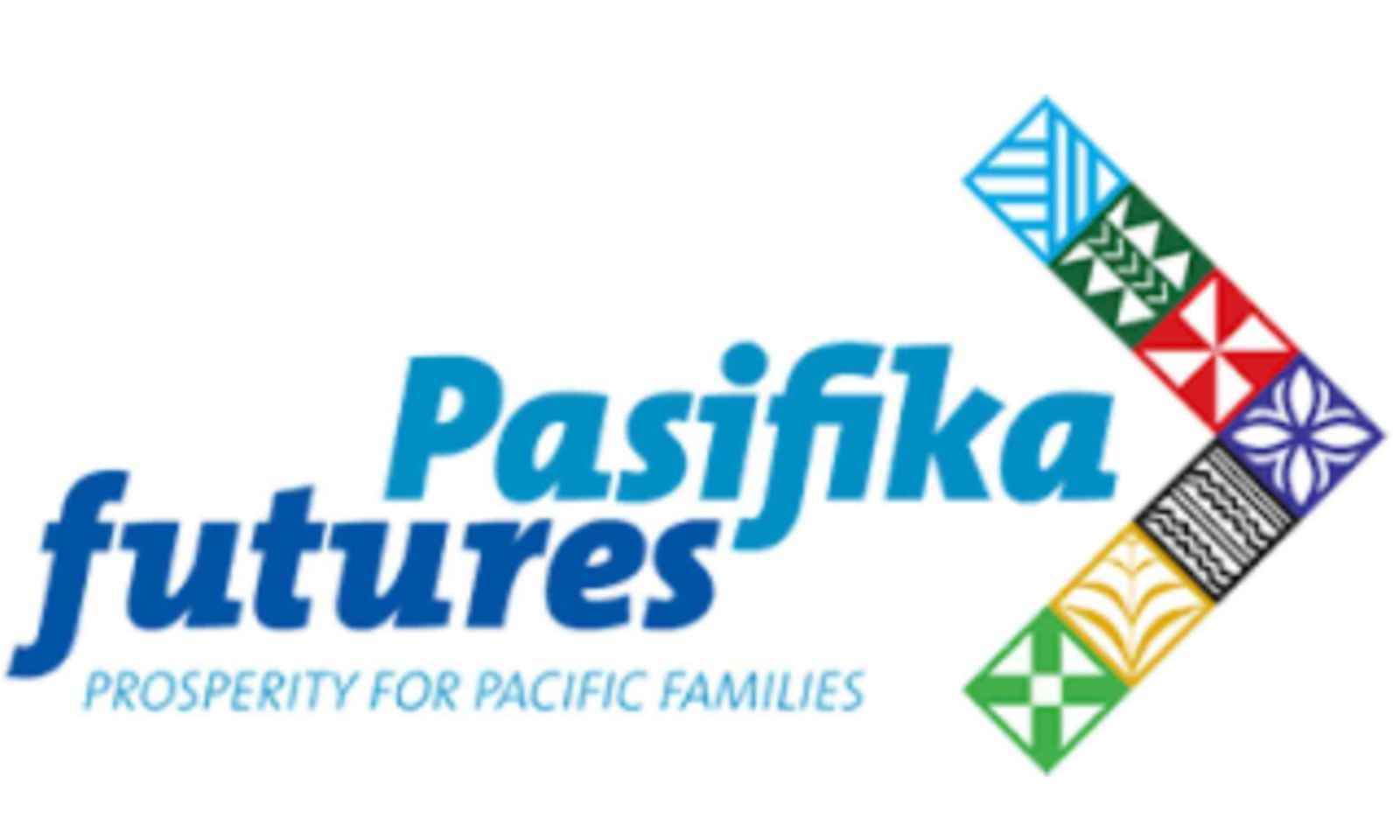
Pasifika Futures Ltd (PFL) is a subsidiary of the Pasifika Medical Association (PMA) Group. Photo/Pasfika Futures
The Government announced a renewed focus on Whānau Ora services, which saw four new commissioning agencies, including the Cause Collective, begin in July.
Whānau Ora received a $179 million investment in the 2025/26 Budget.
First established in 2010 under the National Government, Whānau Ora aims to take culturally-based and family-centred approaches to wellbeing.
Foliaki says his agency has received $16 million from Whānau Ora, with further funding on its way.
The status quo is not working well to address the needs of Pacific people, which is why building a database is their key priority, he adds.
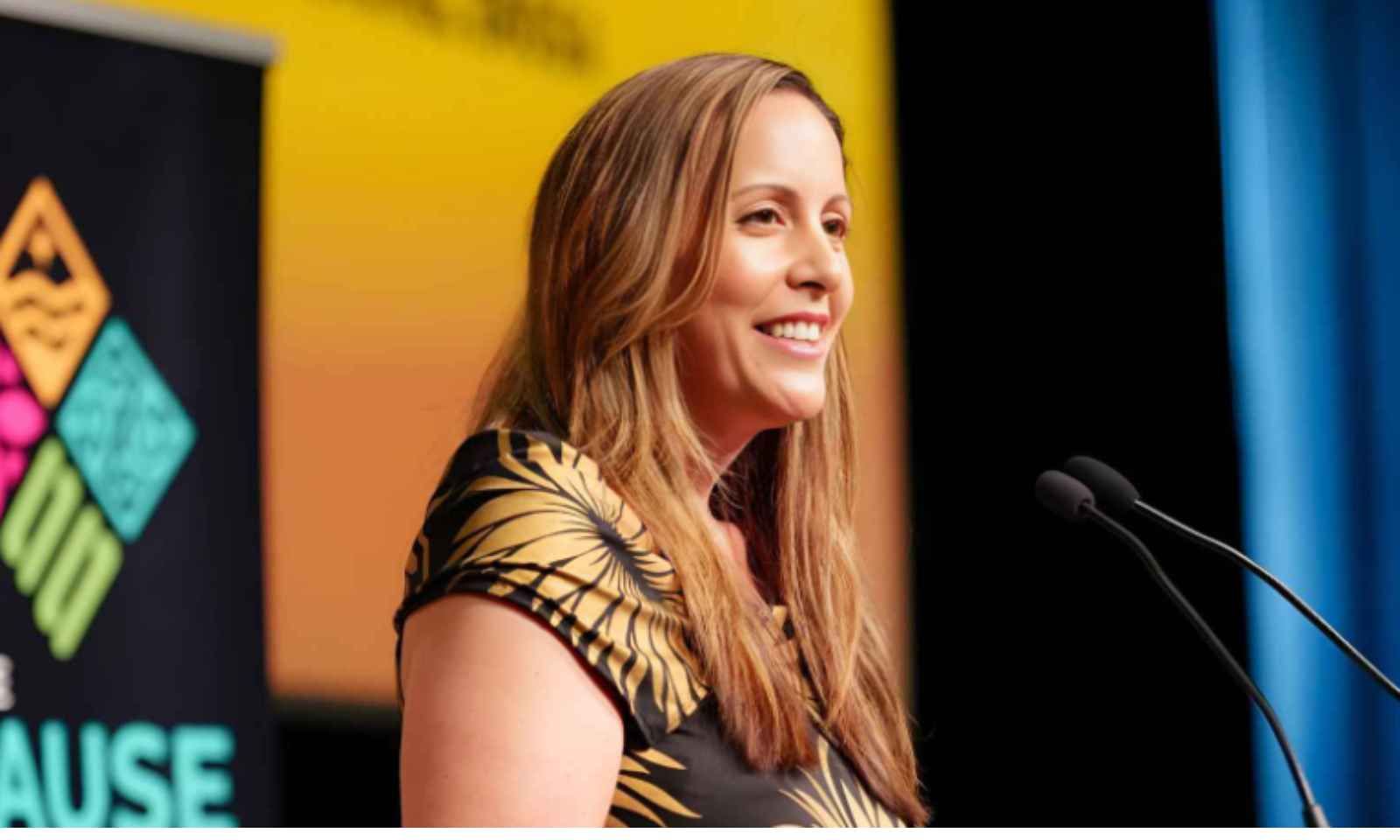
Rachel Enosa is chief executive of The Cause Collective. Photo/The Cause Collective
“In five years' time, I'd hope that firstly, we've proven the model that families are setting their own plans and they're setting their own aspirations and we have been successful in moving them through their plan to achieve their own aspirations.
“Secondly, that the data will show emphasis on where the system is working and where it's not and what changes we need to make to improve.
“Lastly, that the community is demonstrating their voice is coming through and we are self-determining the future for ourselves.”